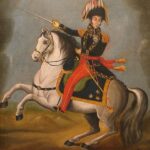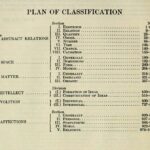![]()
The Selective Training and Service Act of 1940 took effect in the fall of that year. A law that authorized the drafting of qualified male citizens, it immediately began inducting men into the military, while headlines from Europe and Asia spoke grimly of the Axis powers (Germany, Italy, and Japan) and their seemingly endless victories on many fronts.
The military draft provided inspiration for a handful of tunes, most of them long since forgotten: as more and more males were called up, the Prairie Ramblers of The National Barn Dance recorded a song in january 1941 about a soon-to-be service member who promises to do his best each day for his country so the girl he’s leaving behind will continue to love him. Optimistically called “I’ll Be Back in a Year, Little Darlin”’ (1941; words and music by Ben Shelhamer Jr., Claude Heritier, and Russ Huil), Performed by Louise Massey and the Westerners, as well as Patsy Montana, it has sweetheart, wife, or mother vowing to be brave and true while waiting for the soldier’s return.
It soon became apparent, however, that American participation abroad would more than likely extend for some time, and the content of draft-related tunes shifted to a more pessimistic tone with numbers like “I Won’t Be Back in a Year, Little Darling” (1941; words and music by Bradley Kincaid and Buck Nation).
Other pop songs about the abrupt move from civilian to soldier include “C for Conscription” (1941; words and music by Millard Lampell and Pete Seeger), “Gone with the Draft” (1940; words and music by Earl Dramin, Wesley Price, and Nat King Cole), “Gone with What Draft?” (1941; music by Benny Goodman), “He’s 1-A in the Army (and He’s A-l in My Heart)” (1941; words and music by Redd Evans), “I Feel the Draft Coming On” (1940; words and music by Bill Nettles), “In the Army Now” (1941; words and music by Big Bill Broonzy), and “$21 a Day—Once a Month” (1941; music by Felix Bernard, lyrics by Raymond Klages). Ephemeral songs all, none of these titles possessed any staying power, but merely reflected their immediate times.







